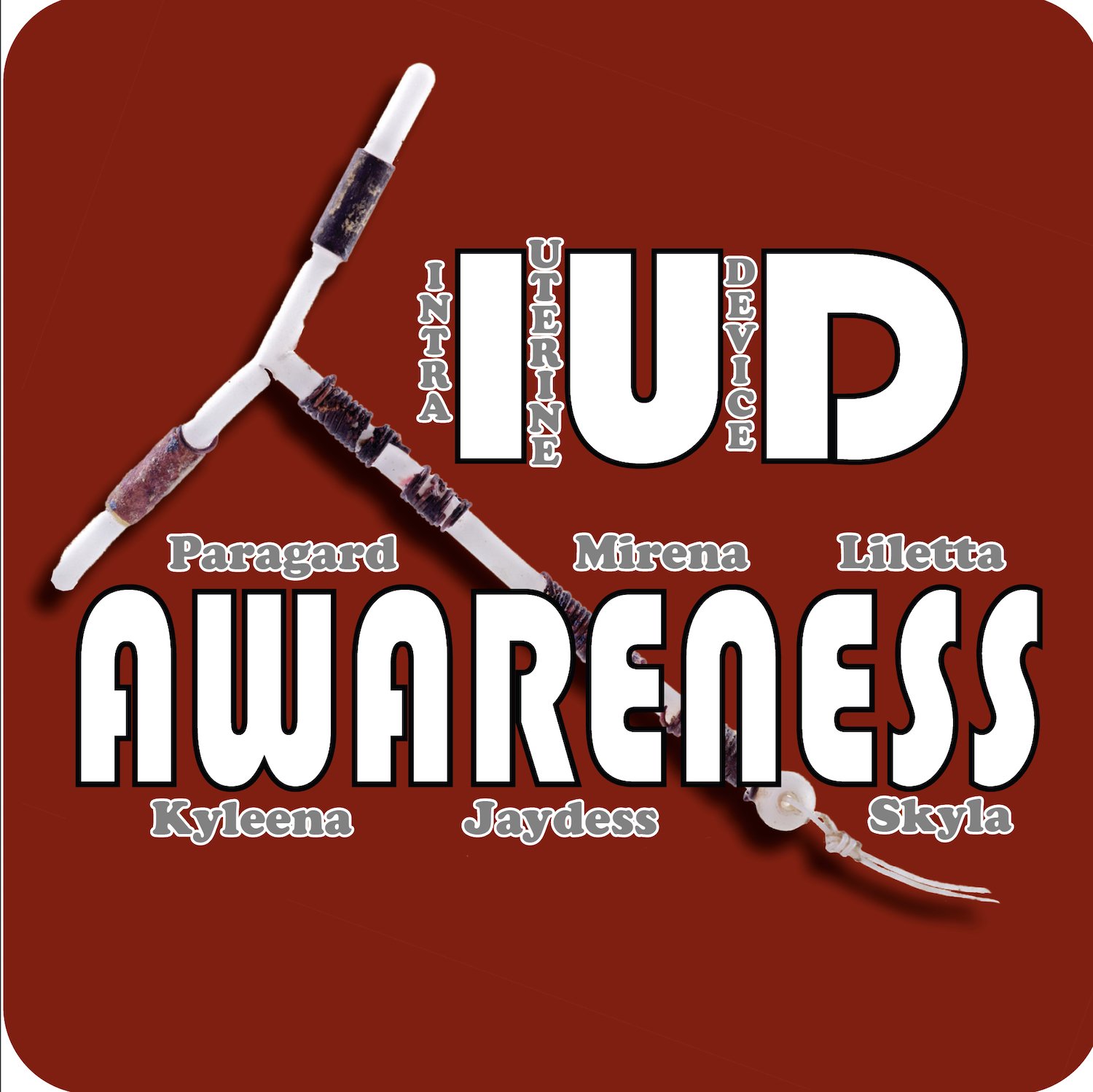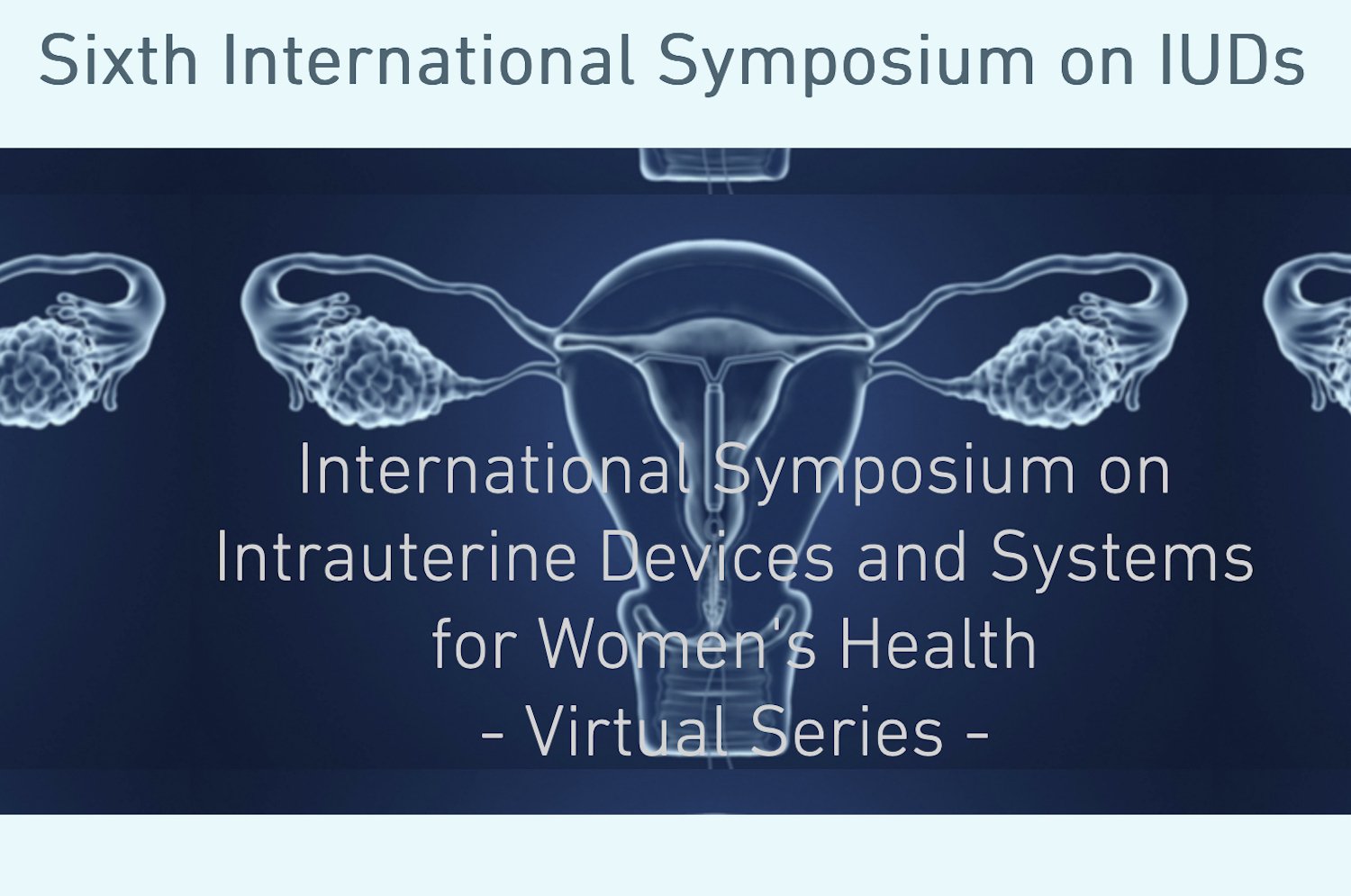6th Int'l Symposium on IUDs - Day 1
/LIVESTREAM WEBINAR
MAY 28, 2020
(Day 1 of 7 Day Series)
Brief History of the IUD Symposia: 1962-2006 with David Hubache, PhD, MPH
Brief History of the IUD Symposia: 1962-2006
with David Hubache, PhD, MPH
2020: Sixth conference: May 27–28, San Francisco, CA, USA
2006: Fifth conference: New York City, NY, USA
1994: Fourth conference: New York City, NY, USA
1984: Interim Conference: Chicago, IL, USA
1974: Third conference: Cairo, Egypt
1964: Second conference: New York City, NY, USA
1962: First conference: New York City, NY, USA
“The IUD is currently the world's most widely used form of reversible contraception, with approximately 250 million users worldwide. The first of 6 IUD symposia was in 1962. At each meeting, scientists shared landmark information on new products, health risks, efficacy, and other topics. IUD use fluctuated tremendously over the past 5 decades in the United States; from a fast rise peaking at 7% prevalence in the early 1970s, to less than 1% use in 1995, to a current all-time high of over 5 million current users and 9% prevalence (14% of all contraceptive use)”
Q & A
Q: Is that data on IUD use in the US over time available broken down by Cu-IUD and Hormonal IUD?
A: No it is not. In 2014, about 26% of IUD use was copper and the remaining (74%) was hormonal.
See : Hubacher D, Kavanaugh M. Historical record-setting trends in IUD use in the United States. Contraception. 2018;98:467-70.
Panel I: IUD Removal
Moderator: Tina Raine-Bennet
Desire for Control over IUD Removal
with Diana Greene Foster, PhD
“Nearly half of IUD users surveyed say that control over stopping use of a contraceptive is the most important characteristic in choosing a contraceptive device. African American contraceptive users with less secure access to clinicians and health insurance and users with lower trust in providers may particularly like control over stopping. IUDs and implants are cost-effective overall even under real world conditions where some users discontinue prematurely. “
IUD Removal Access and Obstacles
with Jennifer R Amico, MD, MPH
“IUD self-removal can be quick, easy, and painless if strings are graspable, with no evidence of complications. Providers can support self-removal by providing advice and guidance about safe techniques and when to seek care as well as resources for family planning post-removal. Evidence from this study suggests that string length should be discussed when IUD is placed to ensure that the user understands the value and limitation of long or short strings so that preferences can be taken into account.”
Panel II: IUD Care During COVID-19
Moderator: Carolyn Westhoff
IUD Care During COVID-19: United States Case Study
with Gillian Dean, MD, MPH
“Current guidance indicates that due to the prevalence of COVID worldwide, IUD removals should be postponed, when possible, but Planned Parenthood Federation of America removes IUDs when patients request removal. Patient-directed shared decision-making should be employed for when and where to receive care when there is high COVID risk. Tools are available to help guide decisions on when IUD removal can be deferred, when telemedicine should be used, and when an in-person visit is the best option.”
IUD Services During COVID-19 Pandemic: International Perspectives
with Gathari Ndirangu
“Removal is available routinely at health facilities that provide IUDs, as IUD removal is a time-sensitive and essential form of health care. During the current COVID-19 emergency, patients are counseled remotely by phone during which side effects can be discussed and treated if possible, and an in-person clinic visit can be scheduled with preventive measures in place to reduce risk of transmission of COVID-19.”
Changes in LARC Visits during the COVID-19 Public Health Emergency with Michael Policar, MD, MPH
“Contraceptive care is an essential health service but must be weighed against the risks of COVID-19 transmission to clinic staff or other patients. LARC provision is one of the few services that can be justified for an in-person visit when case rates of COVID-19 are high or when the prevalence of completed vaccination is low. Follow-up visits can be done via telemedicine, with an in-person visit if the patient reports problems or wishes to change methods. Specific interventions to minimize the risk of viral transmission via aerosolized particles during office procedures were discussed. An abundance of resources regarding providing reproductive health services, both by telemedicine and in-person visits, is available on the Symposium website.”








December 9, 2020
iud2020 - Day 3